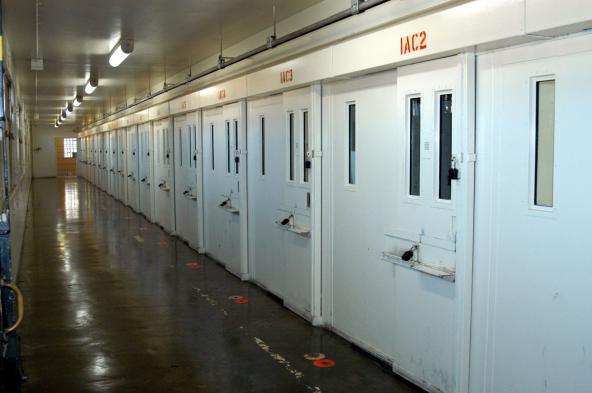US murder victims’ families advocate abolition in Asia
Asia
Members of the US-based World Coalition member organisation Murder Victims’ Families for Human Rights (MVFHR) visited South Korea, Japan and Taiwan between June 20 and July 6. They conducted an educational speaking tour and met with elected officials, attorneys, religious leaders and family members of murder victims.
The tour participants, who have lost family members to murder or state execution, discussed the impact of the death penalty and how societies can best meet victims’ needs in the aftermath of violence.
They were pleased with the varied audiences who turned up for the public speaking events, including prosecutors and defense attorneys, members of victims’ organisations, lawmakers or their staff, university professors and students.
“It was clear from responses, both at the public presentations and in several private meetings or informal conversations before and after the events, that the presence of MVFHR members from the US opened up an opportunity to talk about the death penalty in a way that seldom if ever happens in these countries,” said MVFHR’s Susannah Sheffer. The fact that murder victim’s relatives could oppose the death penalty was new to the Asian perspective.
No closure from taking another life
Jeanne Bishop (photo above), whose sister and brother-in-law were murdered in 1990, told the lawyers of the Japanese Federation of Bar Associations: “The love I had for my sister and my grief over losing her can never be closed, certainly not by shedding more blood and taking another life. Nor would killing the murderer give me justice. His life could never equal theirs. His death could never pay for theirs.”
As a defense attorney, she also told her Japanese colleagues that capital cases “are particularly susceptible to error because they evoke a strong emotional response”. This means that innocents are likely to be executed. She added that the US experience of the death penalty had made it clear that it is “expensive” and “does little to deter crime”.
Robert Meeropol (photo, right), the son of Ethel and Julius Rosenberg who were executed on spying charges related to atomic secrets, told the public in Hiroshima that he felt a kinship with them because of the suffering caused to his family by the bomb. “Executing someone will only bring new pain and suffering to a new set of victims, the children and other family members of the person who is executed,” he said.
Common experience
The tour was an opportunity for participants to engage into debates with supporters of the death penalty. “In Taiwan, one of the speakers sharing the panel with MVFHR members was the director of a foundation created by a very prominent and outspoken victim’s family member who is strongly in favour of the death penalty,” Susannah Sheffer said.
Despite the physical and cultural distance between Asia and the US, the visitors and their audience found their communication helped by significant common experience – whether professionally, as in the example of Jeanne Bishop and Japanese attorneys, or emotionally, when MVFHR members met eight relatives of murder victims in South Korea (photo below).
The exchanges were a boost to those who campaign for abolition in Asia and think that the lack of informed debates is a key factor in the continued use of the death penalty there. “I believe that Japan does not yet have a mature, responsible, open debate about the death penalty,” said European Union diplomat Stefan Huber at the MFVHR conference in Tokyo. “Thus, many members of the public do not have access to a fully informed understanding of the complicated issues involved. This is probably one of the reasons why Japanese public opinion is still in favour of the death penalty,” he added. The EU provides funding to MVFHR.
“Working in collaboration with colleagues in retentionist countries”
After the “Words of victims” evening at the World Congress Against the Death Penalty in Geneva in February 2010, the Asian tour was a new opportunity for MVFHR to contribute to the global effort against capital punishment. “Our colleagues in Asia are working against the death penalty under considerable duress and even threat,” Sheffer said.
“It is not only the sharing of victims’ stories across borders that is important, but also the working in collaboration with colleagues in retentionist countries, towards the goal of creating a social and political climate in which victims will be more able to express opposition to the death penalty, and gradually working to shift the paradigm so that victims are not assumed to be unilaterally in favour of the death penalty and policymakers recognize that it is possible to be both anti-death penalty and pro-victim,” she added.




